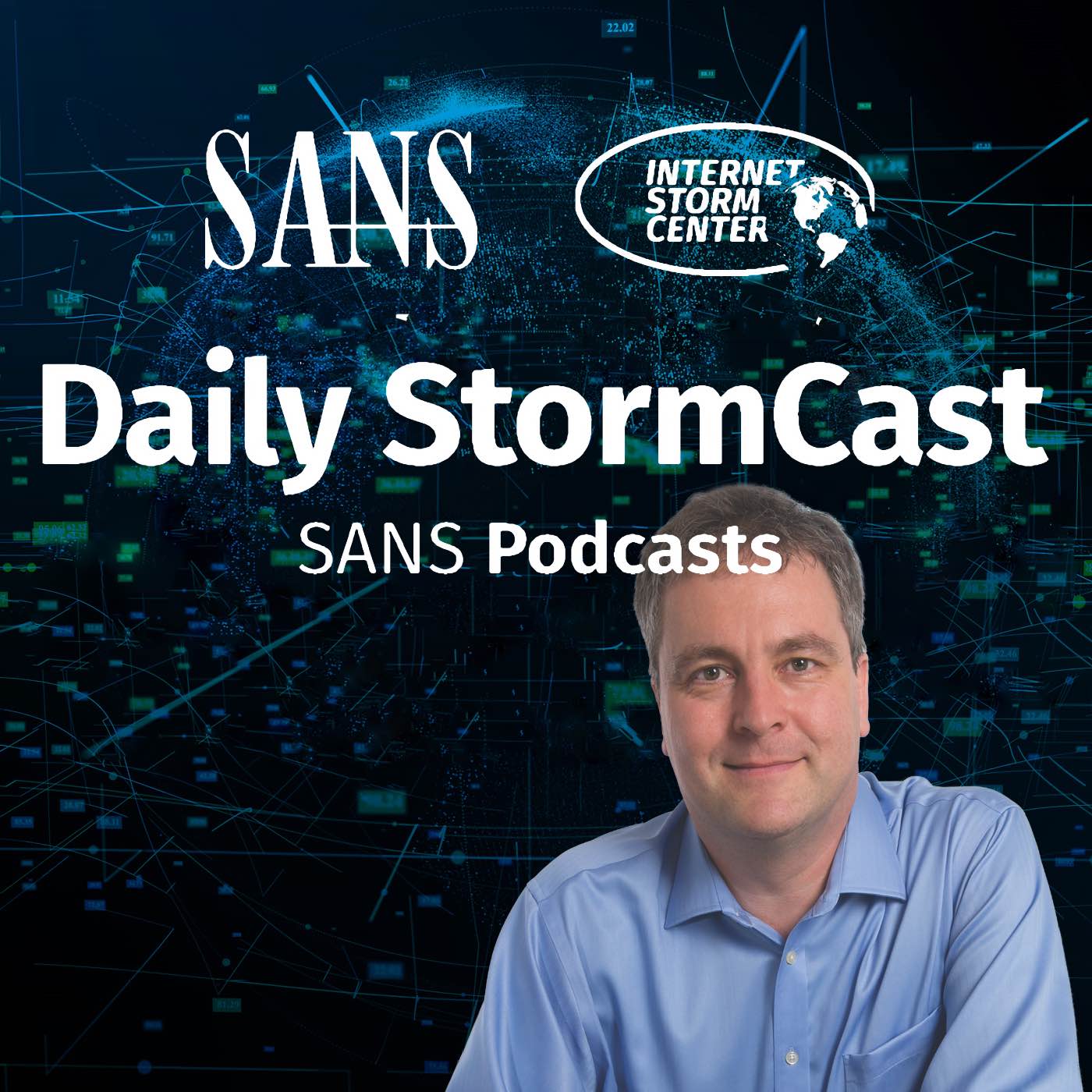Handler on Duty: Russ McRee
Threat Level: green
Podcast Detail
If you are not able to play the podcast using the player below: Use this direct link to the audio file: https://traffic.libsyn.com/securitypodcast/3332.mp3
My Next Class
| Application Security: Securing Web Apps, APIs, and Microservices | Orlando | Mar 29th - Apr 3rd 2026 |
| Network Monitoring and Threat Detection In-Depth | Amsterdam | Apr 20th - Apr 25th 2026 |
Twitter 2FA Problem
http://www.f-secure.com/weblog/archives/00002560.html
Cisco WebEx iOS Client Vulnerability
http://ceriksen.com/2013/05/24/cve-2012-6399-or-how-your-cisco-webex-meetings-arent-very-confidential-on-ios/
Trojan Stealing 2FA Tokens
http://news.drweb.com/show/?i=3549
http://www.f-secure.com/weblog/archives/00002560.html
Cisco WebEx iOS Client Vulnerability
http://ceriksen.com/2013/05/24/cve-2012-6399-or-how-your-cisco-webex-meetings-arent-very-confidential-on-ios/
Trojan Stealing 2FA Tokens
http://news.drweb.com/show/?i=3549
Discussion
New Discussions closed for all Podcasts older than two(2) weeks
Please send your comments to our Contact Form
| Application Security: Securing Web Apps, APIs, and Microservices | Orlando | Mar 29th - Apr 3rd 2026 |
| Network Monitoring and Threat Detection In-Depth | Amsterdam | Apr 20th - Apr 25th 2026 |
| Application Security: Securing Web Apps, APIs, and Microservices | San Diego | May 11th - May 16th 2026 |
| Network Monitoring and Threat Detection In-Depth | Online | Arabian Standard Time | Jun 20th - Jun 25th 2026 |
| Network Monitoring and Threat Detection In-Depth | Riyadh | Jun 20th - Jun 25th 2026 |
| Application Security: Securing Web Apps, APIs, and Microservices | Washington | Jul 13th - Jul 18th 2026 |
| Application Security: Securing Web Apps, APIs, and Microservices | Online | British Summer Time | Jul 27th - Aug 1st 2026 |
| Application Security: Securing Web Apps, APIs, and Microservices | Las Vegas | Sep 21st - Sep 26th 2026 |











